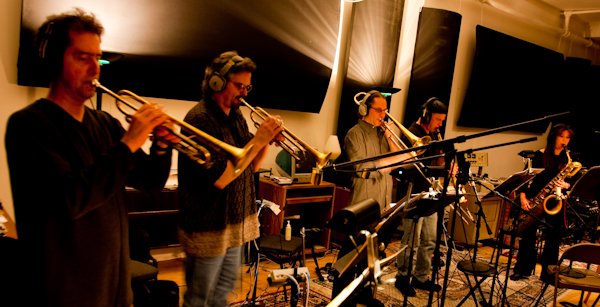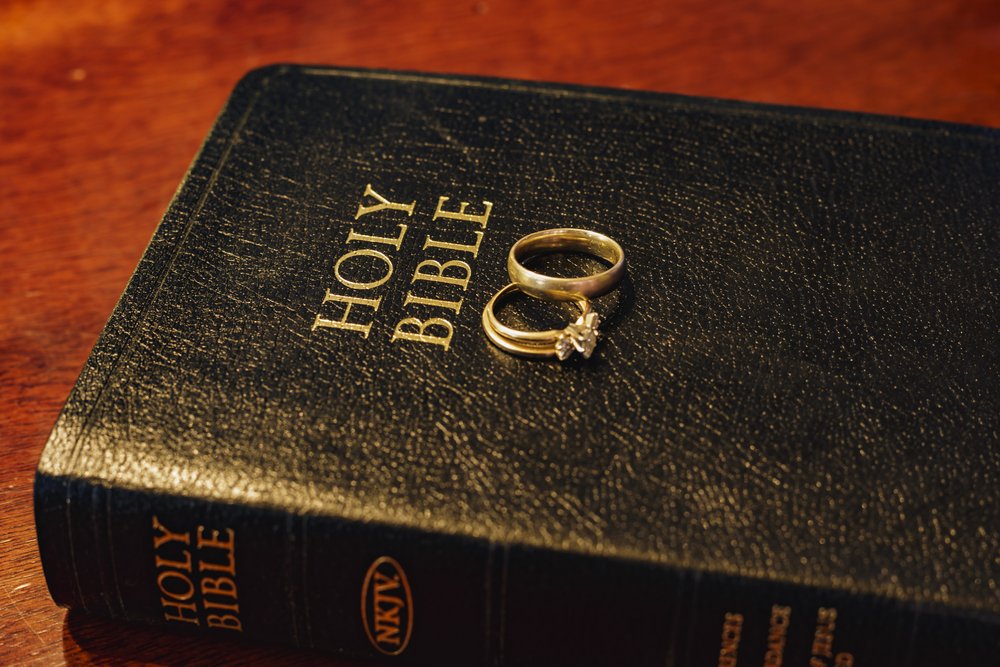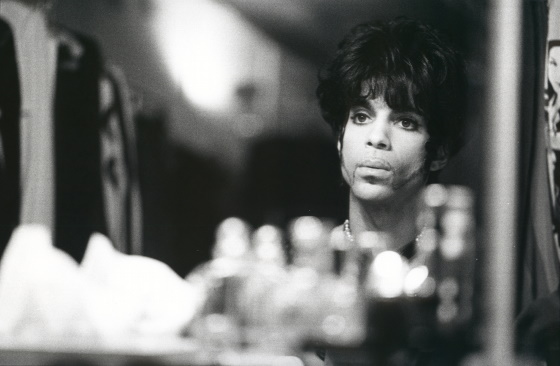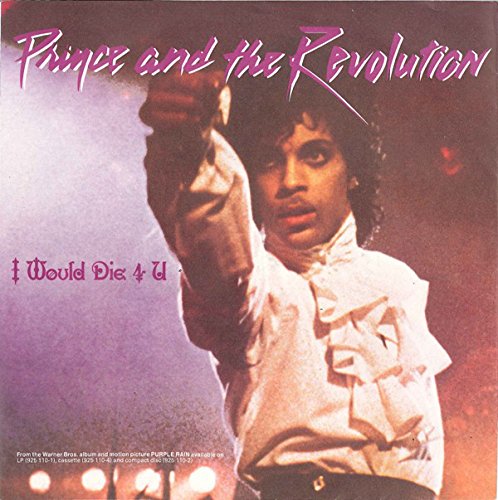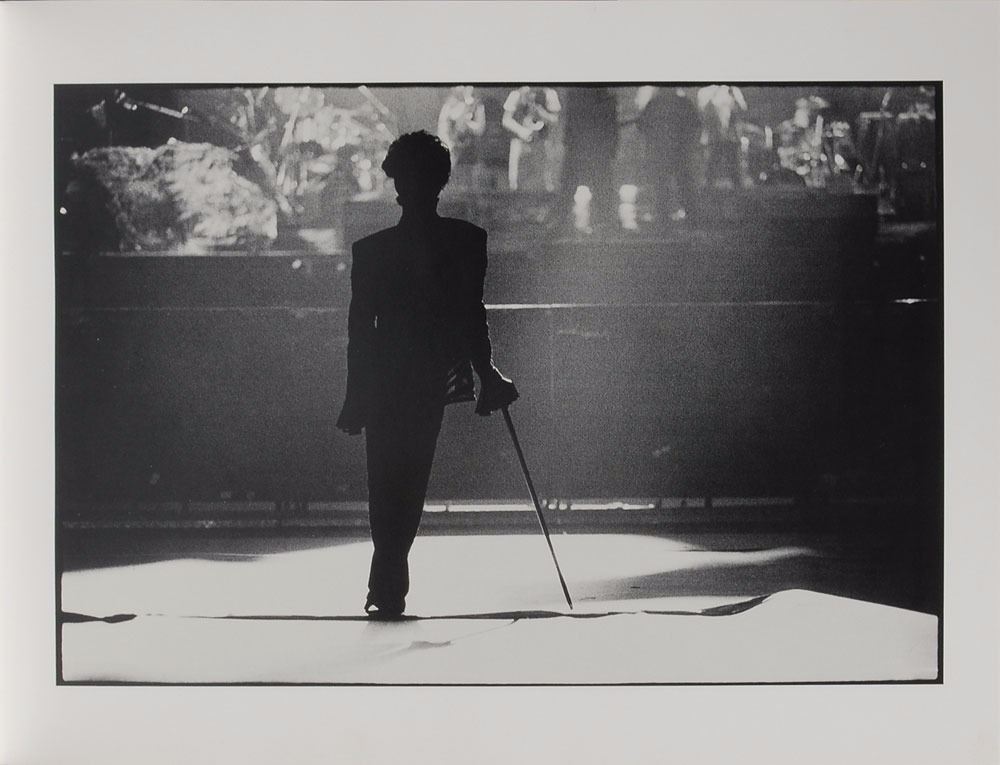
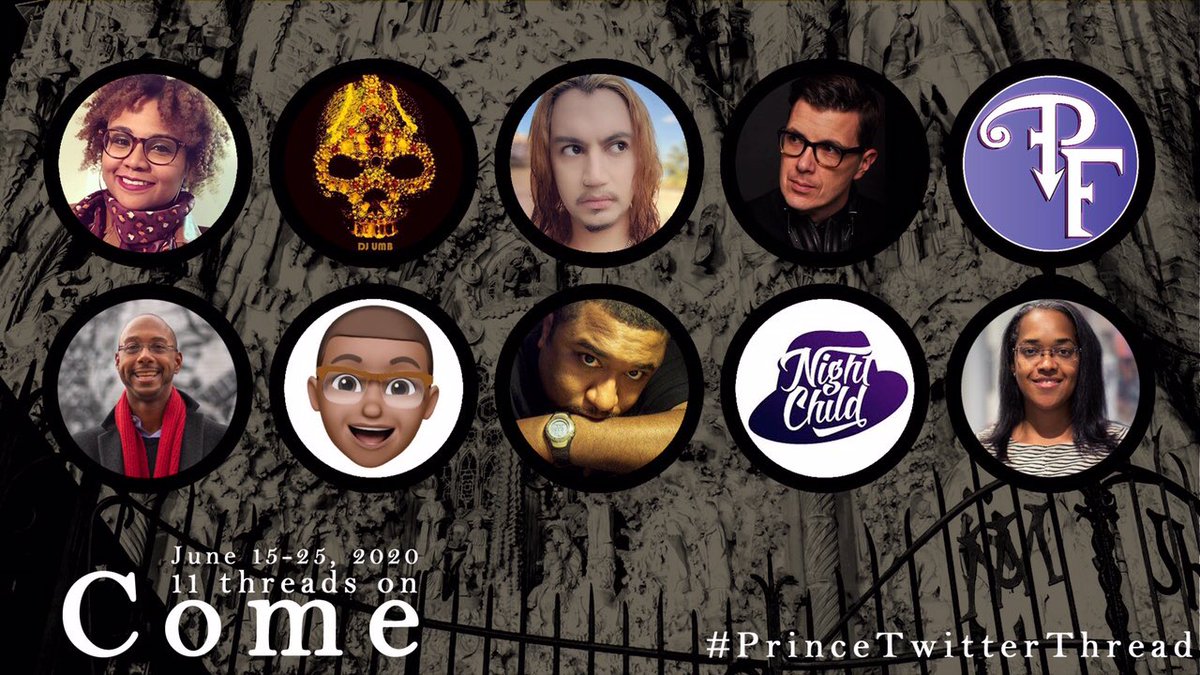
I love all 11 minutes of the album version.
(Favorite moment is 10:25)
We can gain perspective from engineers who worked with him prior to “Come.”
To quote @darlingnisi, another Prince scholar, “You see it how you see it based on how you see.” So, let’s look at my three interpretations.
“I wanna be the only one that makes you come ... running!”
This is also the same guy who said, “Foreplay starts in the mind.”
“Because of sexual immorality, let each man have his own wife, and let each woman have her own husband.”
(1 Corinthians 7:2)
“Lie down beneath my shadow with great delight, and your fruit will be sweet to me..."
(What a dope line!💜)
Have we heard something similar before?
He repeatedly said his “spirit” instructed him, and later attributed the transformation to his higher power/God.
In this case, the future that he envisions could be one in union with God, bringing about a state of ecstasy comparable to orgasm.
“When we be makin' love, I only hear the sounds/Heavenly angels cryin' up above…”
And subscribe to my newsletter to keep up with my writing and progress on my book on Prince’s spirituality: eepurl.com/gdTiuL



